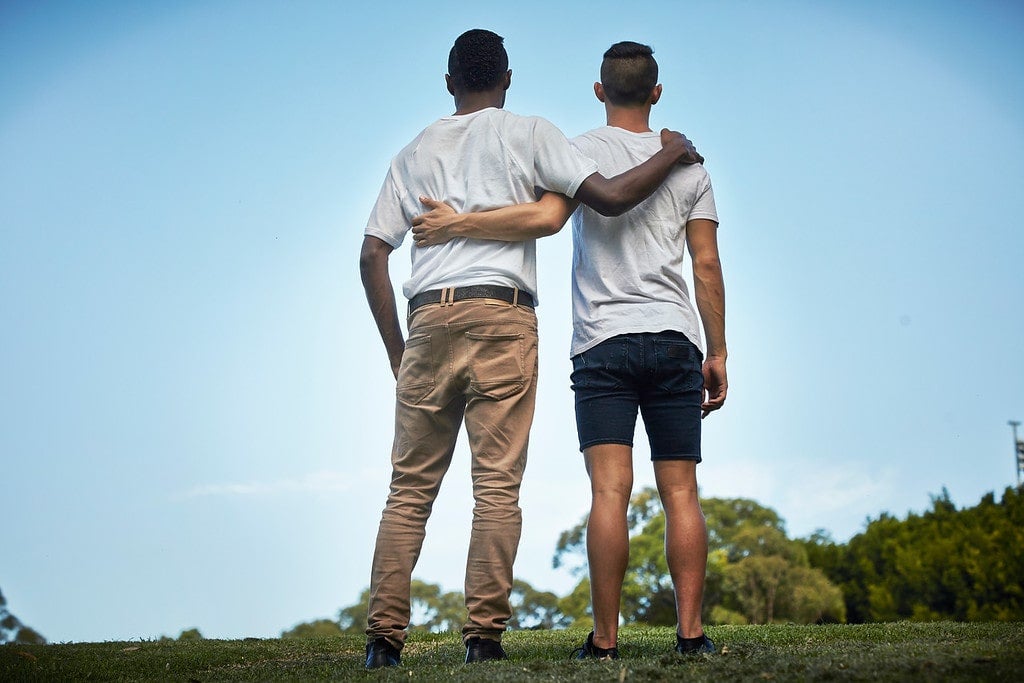Blog
Cancer doesn't discriminate by culture - nor should we
1 September 2012

One of the things I love about Australia is our diverse population, and the opportunity I have to meet and interact with people from so many different cultures and backgrounds. Australia boasts one of the most culturally diverse populations in the world. In addition to the rich culture of our Aboriginal and Torres Strait Islander people, our population is made up of people and cultures from over 200 countries.
Historically, most migration has come from Europe, but today there are more people born in Asia, Africa and other parts of the world now calling Australia home. According to the 2011 census more than 1 in 4 (25%) of Australia's 22.3 million people were born overseas and 43% of people had at least one parent born overseas. Twenty three per cent of people speak a language other than English at home - commonly Mandarin, Italian, Arabic, Cantonese or Greek - and 2% of people don't speak English at all.
Our cultural diversity enriches our community, but can present challenges in the delivery of cancer-related health care. Cancer incidence in culturally and linguistically diverse (CALD) populations typically varies by the country people come from and how long ago they arrived in Australia.
Many of Australia's CALD communities have lower participation in prevention and screening programs than other Australians and as a result are more likely to be diagnosed with cancer at a later stage, present with cancers that have a poorer prognosis and often have poorer outcomes even after cancer is diagnosed.
Who we are and where we come from influences how we view our health and - importantly - influences how we understand and respond to cancer.
For example, some cultures see cancer as a death sentence and therefore pointless to resist. Others, who believe in reincarnation, see cancer as karmic retribution for misdeeds in a past life. This can be difficult for other family members to cope with.
Similarly, Cancer Council 13 11 20 often receives calls from adult children with a non-English speaking parent who has been diagnosed with cancer and has a poor prognosis. They have become their parent's interpreter but want to protect them from the bad news, fearful that they won't cope well.
Cultural beliefs and values are an important influence on our cancer prevention, screening, early detection and help-seeking behaviour, as well as how we cope and respond to cancer diagnosis and treatment.
It is well understood that culture-specific factors such as language, literacy and cultural and spiritual beliefs, as well as the process of settlement following migration, can all present significant obstacles to equitable access to services and programs. Each of these barriers will impact differently depending on an individual's culture, circumstances and needs.
It is vital these cultural differences are taken into consideration to ensure cancer care is equitable and remains accessible for all Australians.
Recent research with Chinese, Greek and Arabic speaking patients found that they often report miscommunication with health professionals, feel isolated and state that they need information in their language.
The site provides information on prevention, treatment and support in a range of languages including Arabic, Chinese, Greek, Italian, Macedonian, and Vietnamese.
Cancer Council also provides help over the phone with the use of an interpreter. Call 13 14 50 between Monday and Friday, 9am to 5pm, and ask for the language you require. (Available in all states except Tasmania.)
If you know of a relevant resource that is not currently in the CALD Directory, please let us know by using the online form or emailing calddirectory@cancer.org.au.
Resources
Tags
